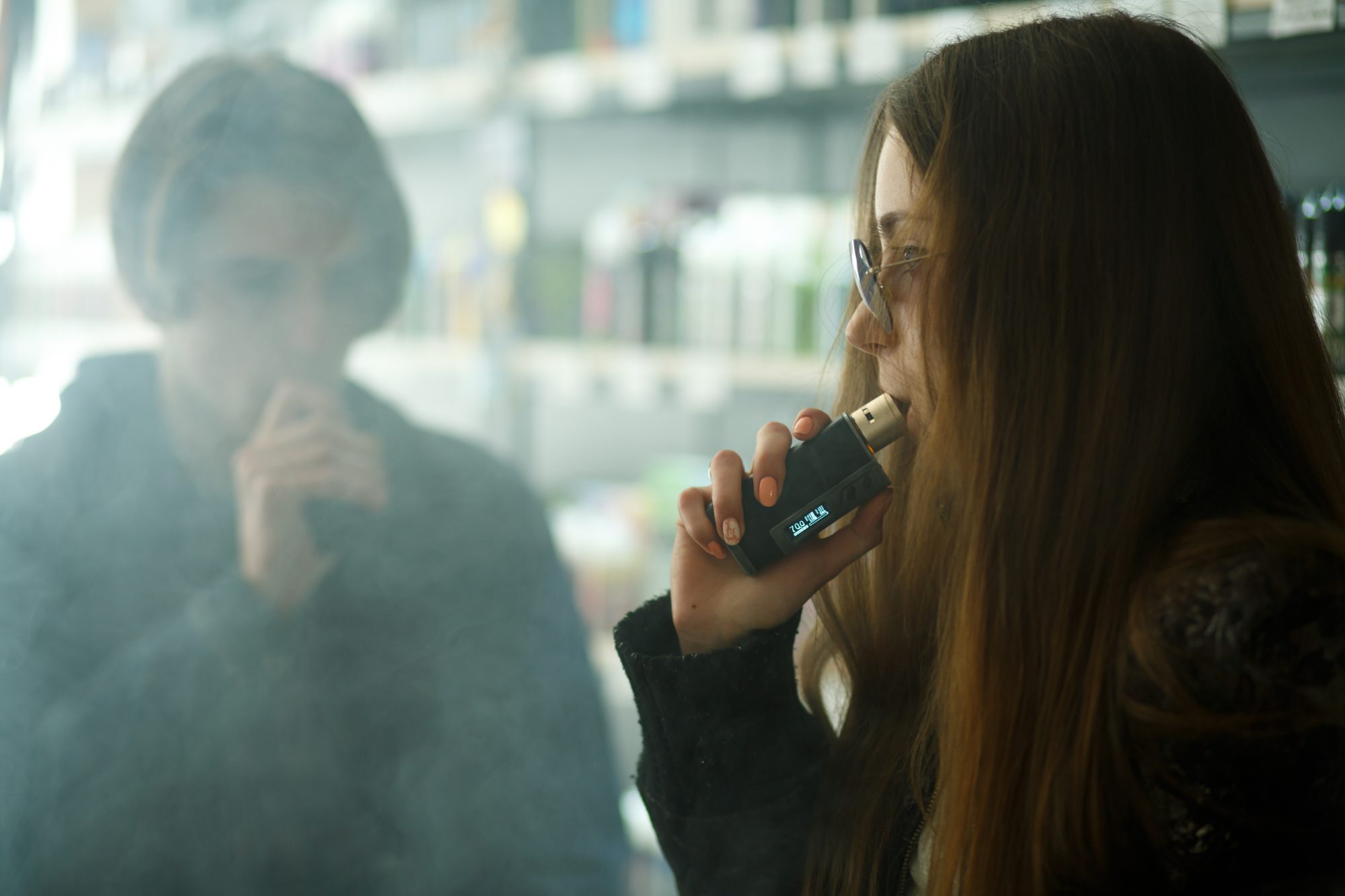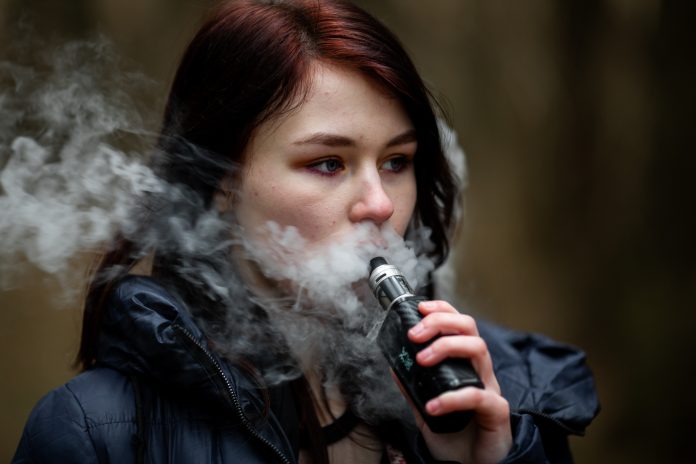In an effort to address a legal loophole, government ministers have announced measures to prevent retailers from offering complimentary samples of free vapes to children
Although the sale of e-cigarettes to individuals under 18 is already illegal, through a legal loophole, the distribution of free vapes by retailers and marketing firms remains legal.
This discrepancy exists because free vapes are not considered tobacco products and, therefore, are not subject to the tobacco advertising rules that prohibit free distribution.
Urgent need for strengthened regulations on vape advertising and packaging
Almost three years ago, concerns were raised by campaigners regarding the significant gap in e-cigarette regulations in England. They warned that this loophole could contribute to an increase in underage vaping.
Campaigners and medical professionals have emphasized the need for urgent action to strengthen regulations related to the advertising and packaging of vapes, which often employ eye-catching colours, fruity flavours, and inexpensive disposable options specifically aimed at enticing young consumers.
To address the issue of child vaping, the government has introduced plans to close the existing loophole as part of a comprehensive strategy.
Doctors have expressed fears about potential long-term addiction and lung damage among young people. Statistics from the NHS indicate that in 2021, 9% of 11- to 15-year-olds used e-cigarettes, up from 6% in 2018.
Prime Minister Rishi Sunak has voiced deep concern over the alarming rise in youth vaping and expressed shock at reports of young individuals obtaining illicit vapes containing lead. He has vowed to take decisive action to end the marketing and illegal sale of vapes to children.
Advocating stronger actions to combat the illicit sale of vapes to children
While some view the proposed measures as insufficient, Deborah Arnott, the CEO of Action on Smoking and Health (Ash), argues that they represent only a small step rather than the strong action needed.
Ash conducted surveys indicating that the growth of youth vaping is primarily driven by the availability of cheap disposable vapes costing as little as £1.99 as well as free vape samples which are widely available.
The organisation has urged the government to impose an excise tax on single-use vapes during the spring budget, but this recommendation has not been implemented.
Urging the government to impose an excise tax on single-use vapes
Arnott believes that a £5 price increase on single-use vapes would deter children, who are highly price-sensitive, and provide the government with greater control over their import, helping to curtail the unregulated market for illegal vapes.
Arnott pointed out that in 2021, the government rejected amendments to the health and social care bill that would have granted ministers the authority to regulate branding and prohibit the free distribution of vapes. She emphasized the need for swift action following the initial announcement, particularly after the government’s ongoing call for evidence on vaping concludes.

Protecting the next generation from nicotine-dependency
Wes Streeting, the shadow health secretary, also stresses the necessity of preventing a new generation of children from becoming nicotine-dependent.
Streeting criticises the Conservative Party for rejecting Labour’s proposal to ban the marketing of vapes to children, asserting that a future Labour government would take strong measures against those promoting vapes to kids.
The government is currently reviewing additional measures, such as prohibiting retailers from selling nicotine-free vapes to individuals under 18 and simplifying the process for local Trading Standards to issue fines and penalty notices to shops selling vapes to children.
Recognizing the importance of education, the health risks associated with vaping will be incorporated into Relationships, Sex, and Health Education (RSHE) lessons. These lessons will include specific information for 11 to 13-year-olds about the potential sensitivity of young brains to nicotine.











